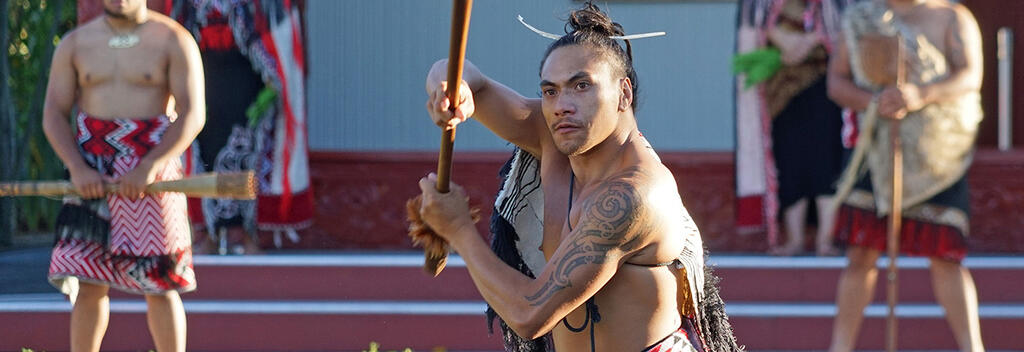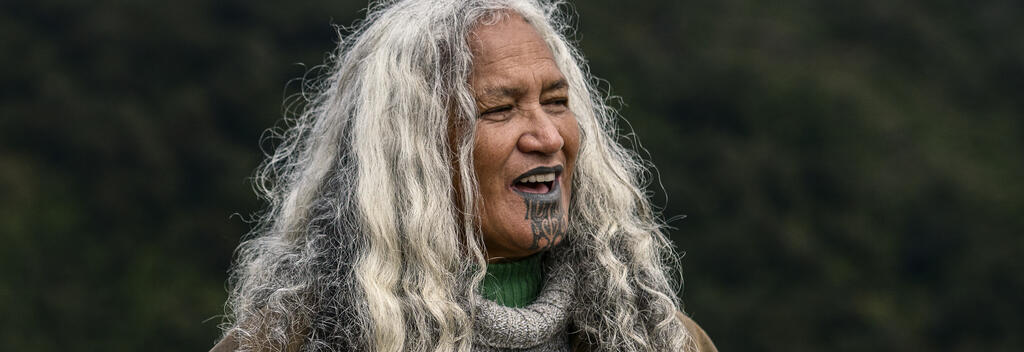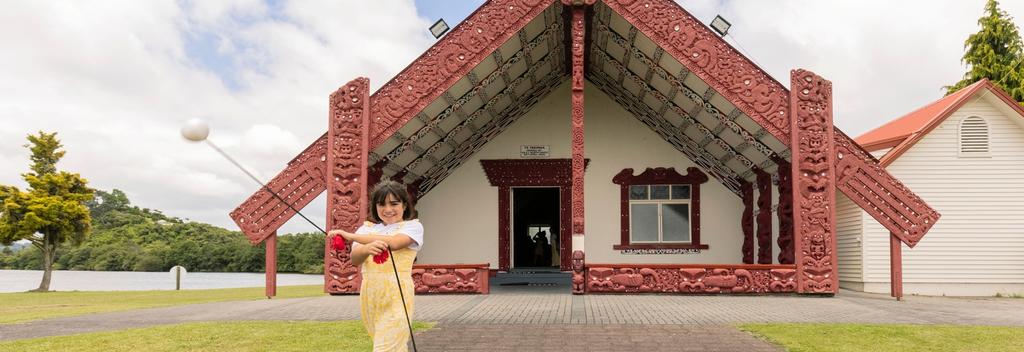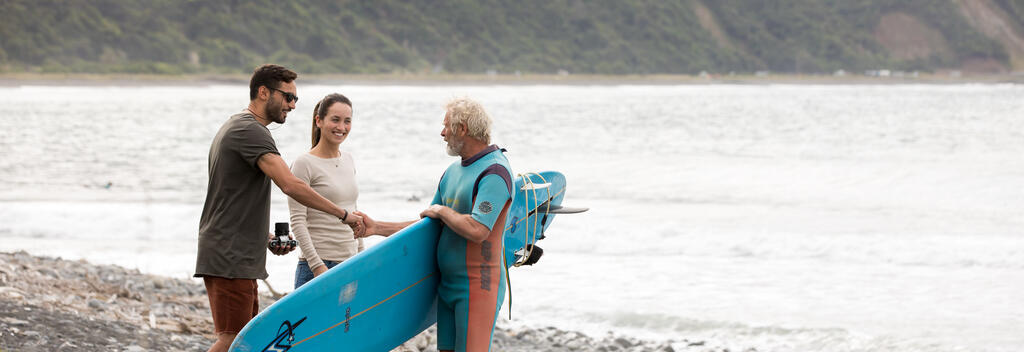-
Popular places to visit
Popular things to do
Helpful tips
Here's a few useful links to help with planning your trip to Aotearoa New Zealand.
-


In New Zealand, Te Reo Māori is experiencing a significant revival. Try to learn some Māori phrases while you're in Aotearoa – start with Kia ora! (Hello)


New Zealand has three official languages: English, Te Reo Māori, and New Zealand Sign Language.
English is the primary language; however, around 4% (or 140,000) of people speak Te Reo. This makes it the second most commonly spoken language in New Zealand.
The Māori language(opens in new window) is considered a national tāonga (treasure) and is undergoing a significant revival. Initiatives such as Te Wiki o te reo Māori (Māori Language Week), Kura Kaupapa (Māori language schools from pre-school through to high school) and a Māori Television all playing a role in making sure Te Reo Māori remains a living language embraced throughout New Zealand.
You can help support Te Reo Māori by making an effort to get pronunciation right and using simple words and phrases in everyday conversation.


Learning basic Māori greetings (mihi) is a great place to start. Try using these anywhere you go in New Zealand - quite often, the response will be a wide smile.

Learning how to pronounce Māori words correctly is a sign of respect. Don't worry if you get it wrong the first time, the main thing is that you try. This will help you pronounce Māori place names accurately and confidently, as well as the names of people.
Place names such as Onehunga, Whangamōmona and Ngunguru can look like tongue twisters. But once you master Māori pronunciation, all Māori names will roll off your tongue.
The Māori language consists of five vowel sounds:
Vowels can be long or short. A long vowel is signified with a macron above it. For example:
There are eight consonants in Māori, similar to those in English — h, k, m, n, p, r, t, and w.
There are also two different consonants — ‘wh’ and ‘ng’. The ‘wh’ sound similar to the English ‘f’. The ‘ng’ is similar to the ‘ng’ sound in English words like ‘sing’, except that in Māori, words can start with ‘ng’.

Kia ora can be used to say hello, express gratitude, send love and make a connection.
Kia ora is a warm and welcoming greeting you'll hear throughout New Zealand and comes from the indigenous Māori language.
In its simplest form, kia ora means hello. However, 'kia ora' is more than just hello because it references life and health.
These two words signify more than just a passing greeting. In its literal sense, 'ora' refers to a state of living, or being alive. By using using 'kia', it changes it from a noun to a verb, so rather than 'alive' it is 'living'. So when you say kia ora to someone, you are wishing the essence of life upon them.
Kia ora is used as an informal greeting throughout New Zealand. You will hear everyone from the Prime Minister to the local shopkeeper using it in day-to-day conversation.
Use kia ora to wish someone well as a greeting or farewell, to say thank you, to affirm support, or to say a friendly 'cheers'. You can also use kia ora to answer the phone or start an email.
It's really important to acknowledge a person. By using the words 'Kia Ora' we acknowledge not just them, but everything about them including where they come from and who they come from.
These experiences offer the chance to hear (and even practice) the Māori language.